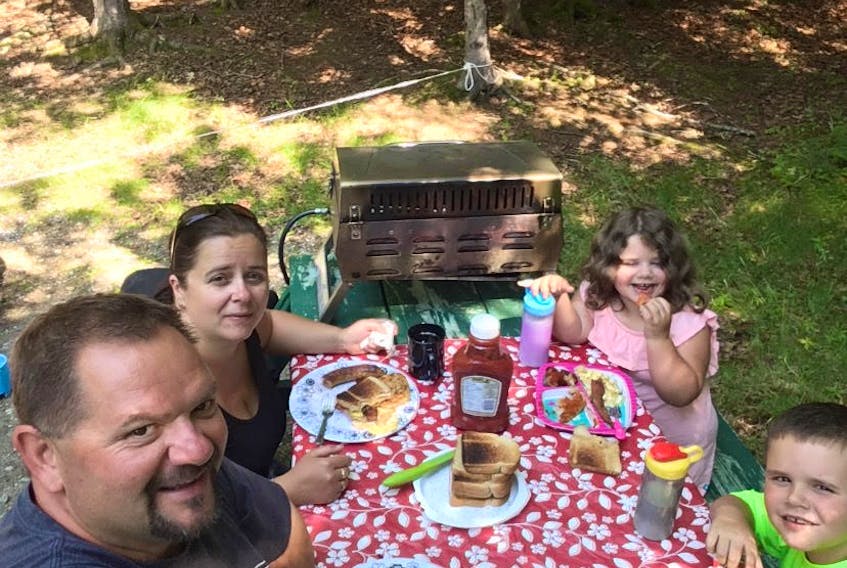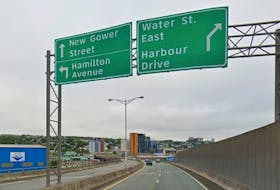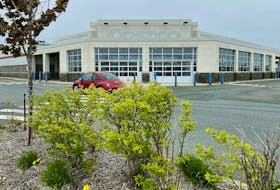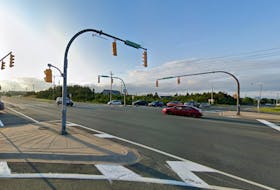ST. JOHN'S — Strong compliance and a lack of new cases convinced public health officials in Newfoundland and Labrador it was OK to ease some of the restrictions in place to slow the spread of the coronavirus. In light of this, Jill Miller does not understand why campers seemingly cannot be trusted to responsibly enjoy overnight stays in recreational vehicles.
"We're adults," the Clarenville resident told The Telegram. "If we've been practising the physical distancing and our bubbles and the rules and regulations brought down thus far and we feel we can do it while we're camping, then I have all the confidence in the world that we can do it while we're camping."
Miller, who uses an RV seasonally with her family, started a Facebook group on May 1 called "Campers of Newfoundland" where hundreds of folks like herself — almost 900 as of Monday — are sharing their thoughts about restrictions in place during the COVID-19 pandemic.
"Everyone is on the same page," Miller said.
Last Thursday, Chief Medical Officer of Health Dr. Janice Fitzgerald announced details of a new alert system with five levels. Next Monday, May 11, Newfoundland and Labrador will move to alert Level 4. At alert Level 3, campgrounds can reopen, but only for day visits — not overnight stays. Overnight visits will not be permitted until the province moves to alert Level 2.

People will take risks
Miller expects under the current circumstances, some campers will find alternative ways to enjoy the upcoming May 24 weekend. She's concerned they will not be as compliant in such situations as they would while being watched by others in the RV park setting.
"We've got our campsites. They're spaced so far apart. You have people that you've known there for years that you just may not see from season to season. Typically, there's a nice hug shared when you get back that first weekend in May. You're not allowed to do that now and, as adults, I think we realize that."
Asked Monday about the willingness to trust the public to behave appropriately at campsites under the current climate, Fitzgerald said the matter does not solely come down to whether or not campers continue to practice physical distancing.

"In some areas, there's sharing of facilities, and we have to be careful about that," she said. "Then there's always with camping — and I don't want to speak to any one particular person or any particular family — but when people go camping, there are festivities that happen along with camping, and certainly, impairment of judgment can happen."
On the decision to reopen only for day visits at alert Level 3 before allowing overnight stays at alert Level 2, Fitzgerald said the use of communal facilities factored into this decision to take a phased approach.
"Day use, it appeared to be people would come, they would leave at the end of the day, then they'd be more able to practice physical distancing," she said. "There was some differentiation there between overnight and daytime usage."
Protecting others
Miller said many frontline workers use these campgrounds, and people who use them will be cognizant of protecting workers' health along with their own. The same would go for older campers, she added. Miller also contends there is no difference between weekend trips to cabins and RVs set up at campgrounds.
"To tell these people that, 'No, it doesn't look like you're going to be able to use it,' or on best behaviour, we won't use it well into July, they're going to take the risk of flat tires and pull them down over cow paths to put them in transmission lines, down the track, secluded pits — wherever they can find a place. Because they want to use their investment. Then my question becomes public safety, because they're hid away in places where no eyes are on them."
Miller also cannot believe team sport activities could resume at alert Level 3 in the province, ahead of overnight camping.
As for the concerns people may become complacent about physical distancing as the evening progresses, Miller said campground activities generally cease by 11 p.m.
"Yes, people do gather around the fire, have some music and possibly drink, but that doesn't happen every single night," she said. "And if we were told we weren't allowed to do that, we wouldn't. But we'd still want to camp — and family camp. Where you go hiking. Where you take the quads in for a run in the woods and pick up some berries. Where you take them to the pond and flick a rod for trout. Go to a beach and pick up some rocks for rock painting. All activities that families enjoy and families can do with their own bubble."
Twitter: @CBNAndrew









